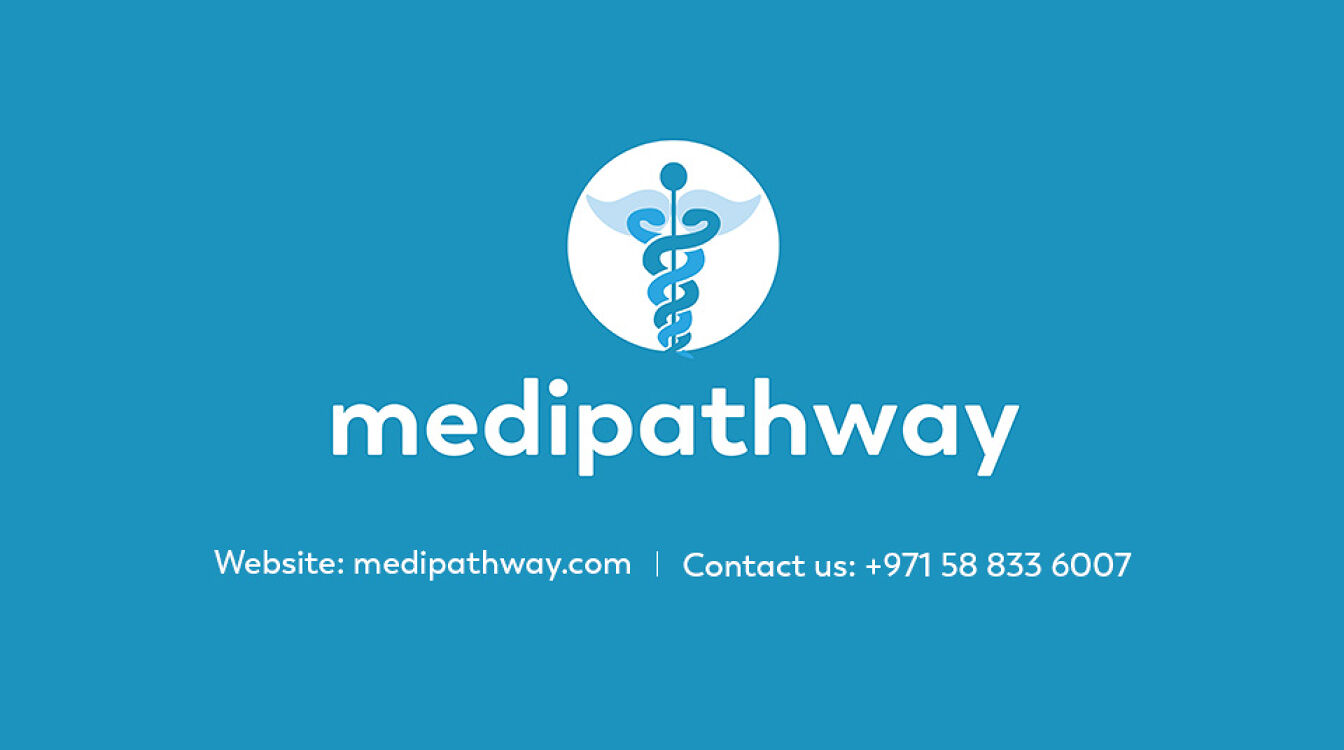Medipathway: How to Apply for Studying Medicine in the UK
Studying medicine in the UK is highly competitive and applicants have to work hard to gain acceptance. The process involves UCAS, BMAT, and personal statements.
Each medical school sets its own entry requirements. Generally, universities expect AAA at A-Level, with one subject being a lab-based science such as biology or chemistry.
Applying to a medical school
Getting a medical degree in the UK is highly competitive. It’s important to prepare well for the admissions tests and write a compelling personal statement. Students also need to work hard on their English language skills as interviews and university offers rely on this.
Work experience in caring and healthcare roles is important for applying to medicine. This can be paid or voluntary work and should be relevant to the role of a doctor. There are several different options available for students applying to medicine in the UK including standard entry and graduate entry. Some universities also offer a gateway year for international students. It is important to check with each university for specific information about their entrance requirements. Generally, universities will expect you to have completed a bachelor’s degree. They may require a certain grade point average.
Preparing for the UCAS application
The UCAS application is a key step in the process of applying to medical school. You can apply to four universities that offer medicine with the UCAS system. Make sure you include the right codes for each of your choices and that your personal statement is well-written. It is a good idea to have a few people read it before submission!
You will need to choose the right course for you, so it is important that you take your time with this. You should also attend open days and speak to admissions officers. There are a number of different routes to medicine, including direct entry and graduate entry. Some courses may require you to take a foundation year or have additional entry requirements, such as international Baccalaureate or BTEC. You can find out more about these options on the medical schools' websites. These requirements can change yearly so be sure to check them regularly.
Preparing for the UCAT
Getting into medical school in the UK is a challenging and competitive process. Admissions tests and interviews can be nerve-wracking, but well-planned preparation can help you succeed. The UCAT exam is one of the main barriers to securing a place, so it is important to plan for it.
A good strategy is to focus on preparing for the Verbal Reasoning section, which includes questions about medicine and healthcare. Reading news articles and books on these subjects can also help you prepare for this section. Additionally, it is a good idea to take several UCAT mock tests in advance of the actual test.
Work experience in a hospital or a care home can also be helpful for applicants to show their commitment to the profession and demonstrate their understanding of the National Health Service. Having this type of experience can also enhance your personal statement and make you stand out from other applicants. In addition, it can help you understand what life in a medical career will be like.
Preparing for the interview
Whether you are applying to Oxbridge or non-Oxbridge universities, the interview is your chance to sell yourself. It is important to avoid sounding rehearsed and instead show your unique attributes. This can be done by linking your experiences from school/college, work experience, and volunteering to the skills needed for medicine.
It is also a good idea to keep up-to-date with current news stories related to medicine, science, and healthcare, as you might be asked questions on these topics. These could include the NHS financial challenges, COVID-19, or the impact of obesity on health outcomes.
It is not easy to get into medical school, and the competition is fierce. Many applicants will not get in the first time around, but should not be discouraged – they can improve their chances with practice and by learning from their application experiences. Ultimately, it is the quality of your personal statement and admissions tests that will determine how far you will get in the process.




Comments
Post a Comment